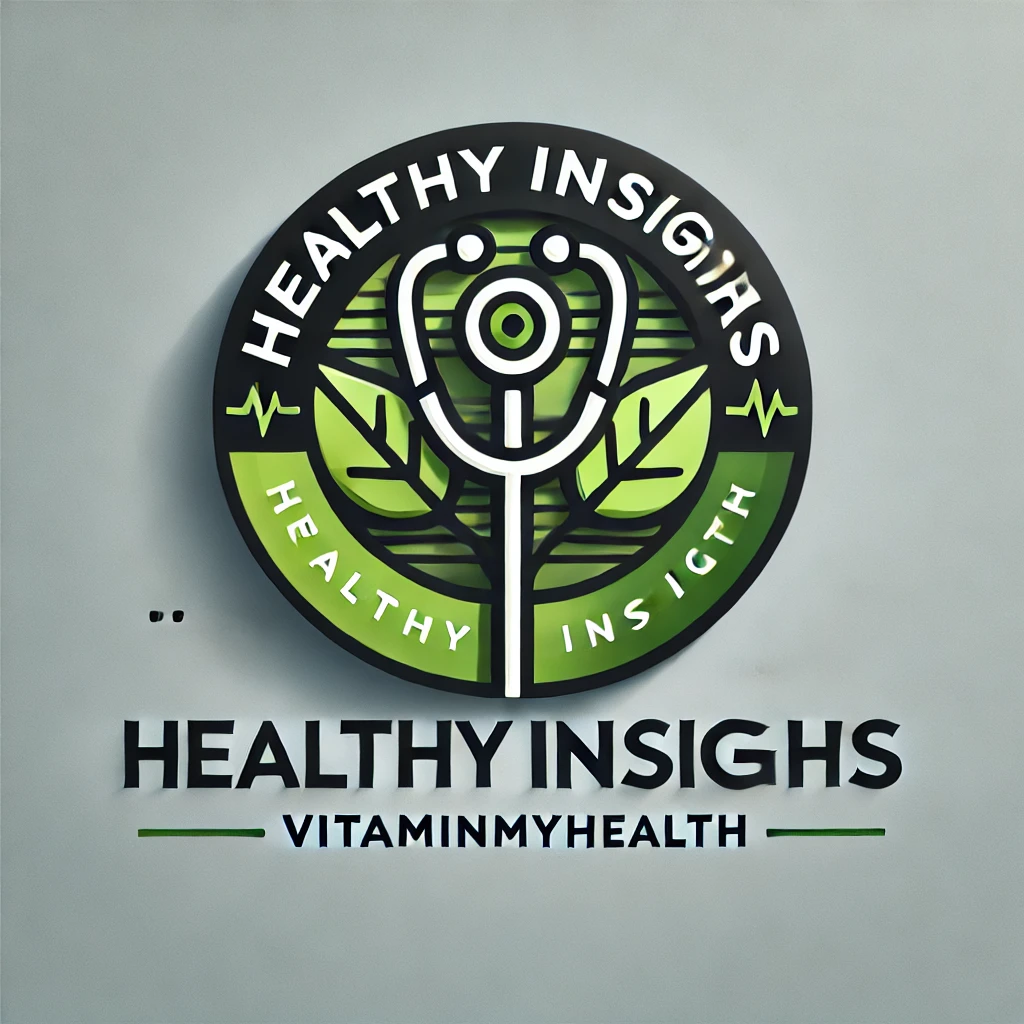The Connection Between Liver Health and Cholesterol Management
Balanced cholesterol levels are essential for heart health and overall wellness. One often overlooked organ in this process is the liver—the body’s powerhouse for detoxification and fat metabolism. Understanding the link between liver health and cholesterol levels can help you prevent long-term health complications.
🟦 Why the Liver Matters in Cholesterol Control
The liver, the largest gland in the body, is located in the upper right abdomen. Its vital roles include:
-
Detoxifying medicines and foreign substances
-
Storing glycogen for energy
-
Metabolizing fat, carbohydrates, and proteins
One of its most essential functions is regulating cholesterol—both producing it and clearing excess amounts from the bloodstream.
🔗 Learn more about the liver’s role in metabolism.
🟦 The Role of Cholesterol in the Body
While cholesterol is often viewed as harmful, it is essential for creating hormones, vitamin D, and digestive enzymes.
-
High-Density Lipoprotein (HDL): Known as “good cholesterol,” it helps clear excess fat from the blood.
-
Low-Density Lipoprotein (LDL): The “bad cholesterol,” which can build up in arteries.
A healthy balance of both is crucial for cardiovascular and liver health.
🟦 Healthy Cholesterol Levels
According to the National Heart, Lung, and Blood Institute:
-
HDL: At least 40 mg/dL (men), 50 mg/dL (women). Levels above 60 mg/dL reduce heart disease risk.
-
LDL: Less than 100 mg/dL is optimal.
-
Total cholesterol: Under 200 mg/dL is considered desirable.
Anything outside these ranges increases heart disease and liver risk.
🟦 How Liver Diseases Affect Cholesterol
When the liver is damaged, it struggles to regulate cholesterol. Some common conditions include:
Nonalcoholic Fatty Liver Disease (NAFLD)
-
Affects nearly 25% of adults worldwide.
-
Strongly linked with obesity, type 2 diabetes, and abnormal cholesterol levels.
-
Severe cases may progress to nonalcoholic steatohepatitis (NASH), cirrhosis, or liver failure.
Cirrhosis
-
Caused by long-term liver damage, often from hepatitis C or alcohol abuse.
-
Leads to scarring that prevents the liver from metabolising cholesterol properly.
Drug-Induced Liver Injury
Certain medications (e.g., acetaminophen, diclofenac, valproic acid) can harm the liver, leading to abnormal cholesterol levels.
In most cases, stopping the drug allows the liver to recover.
🔗 See full details on drug-induced liver injury.
🟦 The Dangers of High Cholesterol
-
High LDL cholesterol → fatty deposits in arteries, narrowing blood flow.
-
Low HDL cholesterol → reduced ability to clear plaques.
Both raise the risk of heart attack, stroke, and fatty liver disease.
🟦 When to See a Doctor
Liver damage may develop silently. Warning signs include:
-
Jaundice (yellowing of skin/eyes)
-
Fatigue and weakness
-
Loss of appetite
-
Abdominal fluid buildup
-
Easy bruising
If you notice these, seek immediate medical care.
🟦 Diagnosis and Testing
Doctors may use:
-
Liver enzyme test (ALT, AST, ALP, GGT)
-
Protein test (albumin, globulin, prothrombin)
-
Bilirubin test
-
Lipid panel (cholesterol and triglycerides)
These tests provide a full picture of liver function and cholesterol balance.
🟦 Treatment Options
Lifestyle & Diet
-
Low-fat, high-fiber diets support both liver and heart health.
-
Avoid excessive sugar, processed foods, and alcohol.
-
Maintain a healthy weight.
Medications
-
Statins are the most common cholesterol-lowering drugs.
-
Studies show they are generally safe even in patients with liver disease, though monitoring is essential.
“In general, statins are harmless in patients with liver disease,” says Dr. David Bernstein of Northwell Health.
🟦 Prevention and Long-Term Health
The best way to protect your liver and cholesterol health is through:
-
Balanced nutrition
-
Regular exercise
-
Limited alcohol intake
-
Regular health check-ups
These changes not only lower cholesterol but also reduce liver strain.
🔗 You may also like: 10 Foods That Naturally Lower Cholesterol.
✅ Conclusion
The connection between liver health and cholesterol management is often underestimated. By making smart lifestyle choices and working with your doctor, you can control cholesterol—even with existing liver disease.
crossorigin="anonymous">
